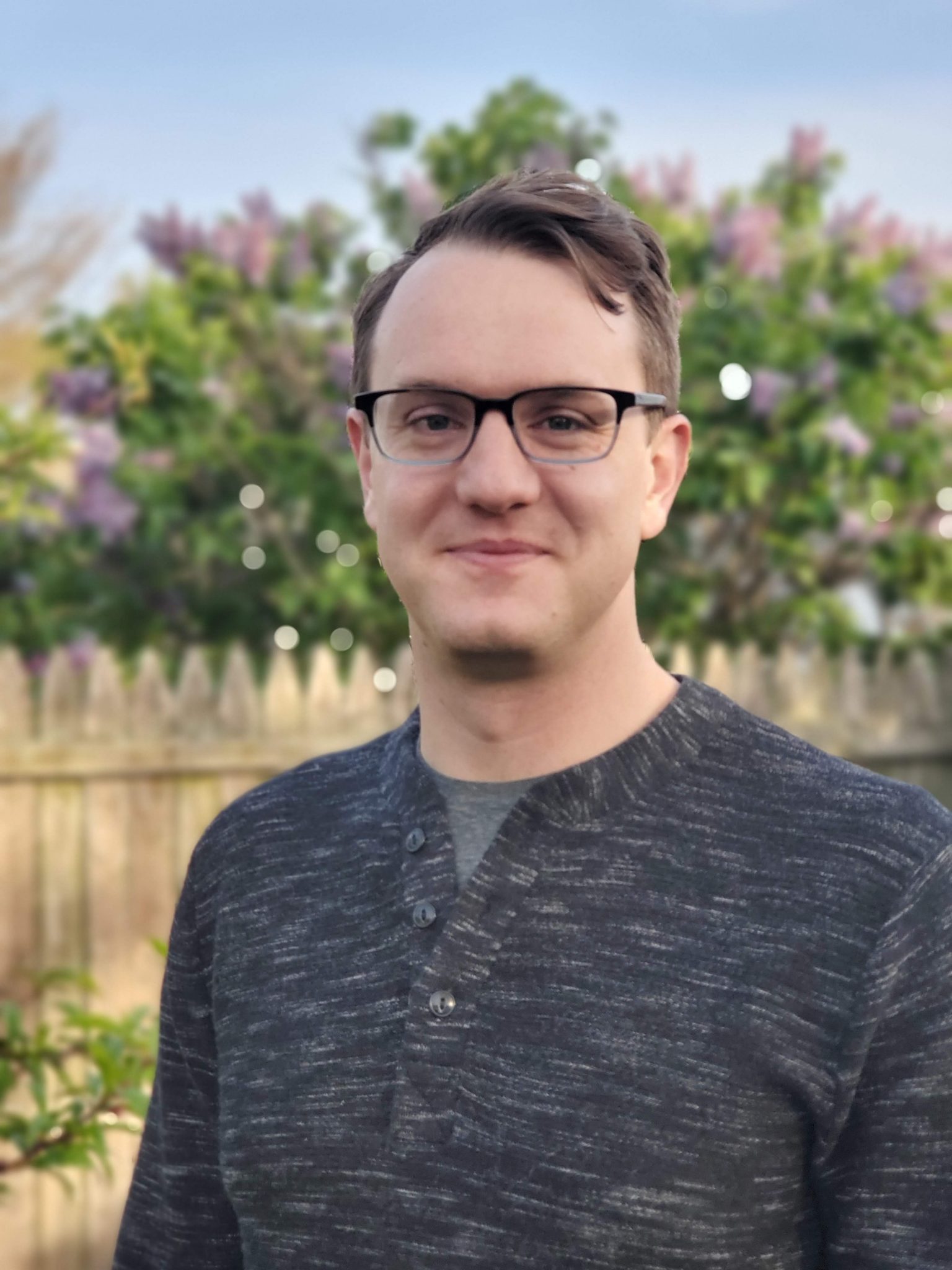Professor of the Practice of Political Science and Women's and Gender Studies
Society and Politics Department
Education
Ph.D., M.A., Political Science, Northwestern University
B.A., Political Science, Clark Honors College, University of Oregon
About
Nick (he/him) joined Wheaton College in 2015, after completing doctoral work at Northwestern University. His research is diverse in scope, but is guided by an overarching interest in the history of the social sciences and its impacts on political life beyond the academy. Nick has published on topics including the politics of popular culture, the history or the social sciences, democratic theory, feminist pedagogy, and the development of Critical Theory in the American academy in outlets such as Perspectives on Politics, Contemporary Political Theory, Polity, Constellations, New Political Science, and The History of the Human Sciences.
Nick is a passionate teacher, and has developed courses at Wheaton that span the fields of international relations, political theory, and women’s and gender studies. In each of his classes, Nick seeks to uncover the history of our present in order to encourage his students to think deeply about who we are, how we got here, and where we can go – both as individuals and as members of larger political communities.
Main Interests
Political Theory: contemporary political theory; democratic theory; feminist political thought; feminist and critical pedagogy; politics of popular culture; Foucaultian genealogy; Deweyan pragmatism; history and philosophy of American political science.
International Relations: IR theory; power; popular culture and world politics; extra-statist conflict and protest; American international identity.
Publications
Works in Progress
Anxious Democracy: Harold Lasswell, NBC Radio, and the Psychotherapy Program for the American Masses
- Recipient of ACLS Project Development Grants (2021-2022 and 2023-2024)
“Laughing in the Face of Death: The Decameron’s Screwball Politics,” (forthcoming at New Political Science)
Peer-Reviewed Articles and Book Chapters
“Human Nature in Action”: Harold Lasswell, NBC Radio, and the Psychotherapy Program for the American Masses,” Perspectives on Politics (2025): https://doi.org/10.1017/S1537592725000568 (forthcoming in print)
“On Torgerson’s Lasswells,” co-authored with James Farr, Policy Sciences 57.4 (2024): 913-919
“Learning to Relinquish Silence: Feministing in Political Science as an Ethico-Political Project,” Feministing in Political Science, ed. Cattapan et al. (Edmonton: University of Alberta Press, 2024)
“Foucault on Psychagogy and the Politics of Education,” Contemporary Political Theory 20.3 (2020): 547-567
“‘Attempts to Change the World Itself’: American Political Theory and Rhetorics of Political Significance,” New Political Science 42.3 (2020): 357-377
“Democracy’s Disappointments: Insights from Dewey and Foucault on World War I and the Iranian Revolution,” Constellations 24.1 (2017): 40-50
“Popular Culture in (and out of) American Political Science: A Concise Critical History, 1858-1950,” History of the Human Sciences 30.1 (2017): 138-159
“Watching War Movies in Baghdad: Popular Culture and the Construction of Military Policy in the Iraq War,” co-authored with Gerard Huiskamp and Eli Lovely, Polity 48.4 (2016): 496-523
“Frankfurt Meets Chicago: Collaborations between the Institute for Social Research and Harold Lasswell, 1933-1941,” Polity 47.3 (2015): 352-375
Book Reviews and Popular Scholarship
Review of Jessica Blatt, Race and the Making of American Political Science (2018), American
Political Thought 9.1 (2020): 188-191
“What Kain Colter Really Learned at Northwestern,” Deadspin.com (August 21, 2015):
http://deadspin.com/what-kain-colter-really-learned-at-northwestern-1725648553
Teaching Interests
Following John Dewey, bell hooks, William Ayers, and several of my own personal mentors, I understand teaching to be a democratic enterprise. In each of my courses, I attempt to situate specific learning objectives within a set of larger questions that are, like students themselves, dynamic and open-ended: Who am I? What am I doing here and where am I going? What are my options and opportunities? What is my responsibility to others? The ultimate goals of this approach are to help all course participants – including the instructor – develop initiative and imagination, understand our shared social environment, and confront obstacles to our learning and fulfillment.
Courses Taught
At Wheaton College
FYE (First-Year Experience) 101 – On Democracy
POLS 109 – Introduction to International Politics
POLS 207 – Classical and Medieval Political Theory
POLS 229 – US Foreign Policy
POLS 259 – Contemporary Conflicts in World Politics
POLS 269 – Popular Culture and World Politics
POLS 339 – Theories of International Relations
POLS 329 – Power in International Politics
POLS 398 – American Empire: Past, Present, and Future
IR 402 – From Sovereignty to Biopolitics
WGS 228 – Transnational Feminisms
WGS 298 – Masculinities
WGS 312 – Feminist Theory
At Northwestern University
CFS 388 – Field Studies in Business Culture (online course)
CFS 393 – Field Studies in the Modern Workplace
Research Interests
Today, it seems, democracy is in existential crisis. The warnings come from nearly every corner: Best-selling books by academics like Steven Levitsky, Daniel Ziblatt, or Anne Applebaum, but also myriad popular media channels from social media to cable news reports, viral podcasts, and newspaper op-eds. Contemporary concerns about democracy’s fate are undoubtedly real and pressing. But it is also true that anxieties about democracy’s fragility are hardly new. In the late nineteenth century, in fact, the discipline of political science first emerged in the American academy in response to what practitioners saw as the waning authority of natural law and religious morality. Concerned that the socio-political tumult of the Gilded Age was in part an outgrowth of this civic decay, early political scientists aimed to develop a new, scientific approach to the study of politics that might provide a more rational basis for social reform and democratic management. This vision may sound as much needed today as it was then. Yet my own scholarship on the history and philosophy of the social sciences and its relationship to democracy suggests that the merits of such an “epistocratic” approach are less than clear. Indeed, my work argues that the health of democracy may depend less on eliminating its irrational, unpredictable, and anxious characteristics than on collectively acknowledging and engaging them as necessary components of constructing political community in a contingent, finite world.
